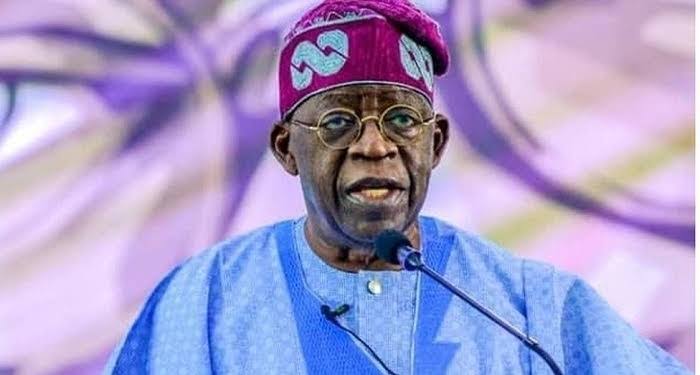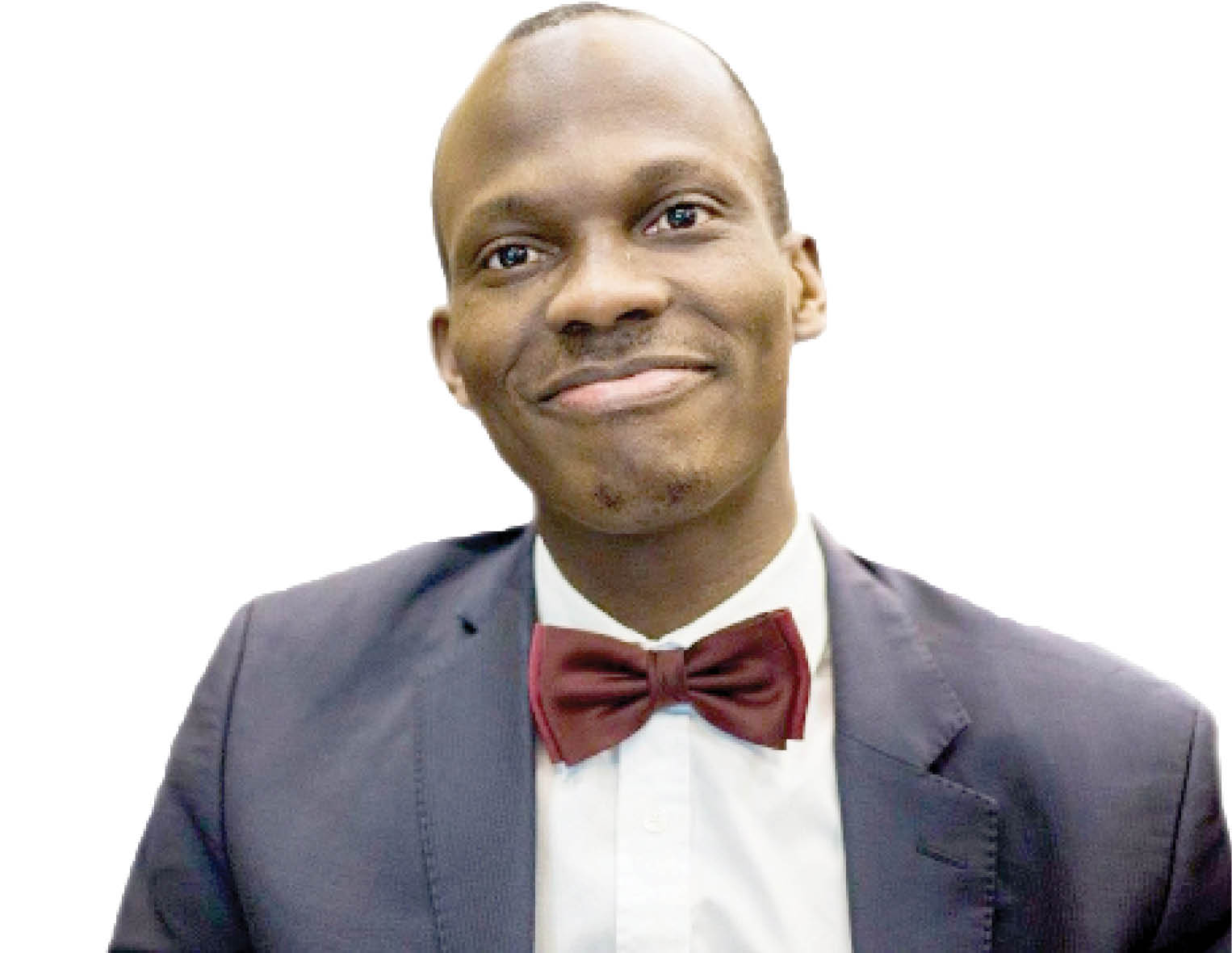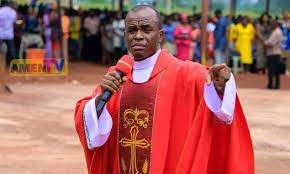IN Geneva, Switzerland, an acquaintance once apologised that he was some minutes late for our appointment because he went to vote that morning. Everywhere and everything appeared normal. There was no indication of voting going on. I reflected that back home, elections even at state level are emergencies in which curfew is imposed, movement restricted and the army, police, intelligence and other security services turned out on the streets.
In November, 2021, I was an observer at the elections in Venezuela. It was a Sunday because the Venezuelans would not allow a disruption of their normal activities, including on Saturdays when a lot of trading goes on. Sundays are their rest days, so they can afford an hour or two.
A Catholic country, I watched people returning from church with their children and making a detour to the polling station. Back home in Nigeria, it would be unwise for people to carry their children to the polling station. First, voting can be disrupted and violence breaks up. Secondly is the endless queue.
Nigerian voters were by the last elections, forced to go to the polling station twice in a day for the same election; first to be accredited and later to cast their ballot.
All the noise of ‘modern’ electoral system such as being issued temporary and Permanent Voter’s Card, PVC, the so-called revolutions of using card readers, and the newest contraption called the Bimodal Voter Accreditation System, BVAS, which is supposed to read PVCs and authenticate a voter’s finger print, are eliminated in Venezuela’s hotly contested elections.
The very cheap, fast and non-controversial voting system in Venezuela simply requires the voter to come to the polling station with his national identity card, which we call NIN. This is checked against the electronic national register. The voter is then given a sheet which he goes to a covered table to tick and drop in a carton, yes, packet carton in the centre of the room, and off he goes. The number of persons who show up with their identity cards and the votes in the carton must tally. Within four hours, the election results nationwide, were out.
I use the example of Venezuela because like Nigeria, it is a Third World country and due to unilateral American-imposed sanctions, it is poorer than Nigeria.
So, voting is not rocket science. Elections do not need to be commoditised and generally turned into a feast of vultures where most politicians, their hangers-on, thugs, public relations and media sorcerers, professional election observers, security personnel, some lawyers and judges feed. In fact, the cut for the police in the 2023 elections is officially N64 billion.
Our democracy which is without dividends for the electorate, is quite contentious because to hold high political office, is to hold a key to the public treasury, have immunity and act with impunity. This is why some characterise Nigerian politics as a criminal enterprise.
It is a democracy in which the President and the Governor are in god-like positions, presiding over the affairs of ordinary mortals; legislators earn insane allowances, annually pad the national budget and award contracts to themselves, and judges many times, make controversial pronouncements. In fact, the Supreme Court has been caught selecting a governor for the people.
Elections are quite contentious partly because we run a unitary system in which to have political power is to be so strong as to disregard constitutional provisions. This, President Muhammadu Buhari, has done a number of times, including disregarding the Federal Character provision which is at odds with his preference for prebendal politics.
There is also the problem that while the Constitution announces the country as a federation, its provisions are unitary.
A trending post in the internet last week asked Nigerians: “Which queue are you joining today? Queue for fuel? Queue for PVC? Queue for new Naira notes?” This, sadly, summarised the state of the country. Nigerians are in long queues for petrol in a country so blessed with oil and gas reserves.
Our leaders in the last three decades have been so good that the country cannot refine petroleum products for local consumption. They are so efficient that they are incapable of distributing even the imported petrol. They have also become so modernist that rather than motorists buying petrol at the fuel stations, many buy from street urchins who ply their trade on side streets and residential homes.
Just as our political leaders succeeded in dislodging foreign exchange transactions from the air-conditioned bank halls to the non-bankers under the trees in street corners, so are they dislodging petrol from the fuel stations to the Jerry cans of street urchins, some of who have now learnt the technology of adulterating fuel.
Another point in the post is about queuing for PVCs which, of course, will be useless in the allocation of votes from the ungoverned spaces in the country.
Then, there is the challenge of a change of currency notes in which millions are guaranteed to lose their hard earned money simply because they do not have the opportunity to change their old notes. A simple, straight forward exercise of exchanging new notes for the old becomes so complex that as at Saturday, even in Abuja, the country’s capital, almost all the
ATM machines had run out of cash or had been shut down by commercial banks. The issue is not who is to be blamed, it is that the new notes are not available on demand at least across many bank counters, ATMs and Point of Sale, POS, outlets. To put it mildly, the country is not at peace.
In the last few weeks, I have lost count of how many times President Buhari has declared that all is well with the country and that he has fulfilled all the electoral promises he made to Nigerians. On such occasions, he would reel off his achievements and paint pictures of the El dorado to which he has transformed Nigeria.
He repeats these like a man with a pricking conscience. President Buhari is like a man who sets examination questions for himself, supervises the examination, answers the questions, marks the script, awards himself high grades and wonders why he is not being applauded for his excellent performance.
In spite of the creeping darkness, I see rays of light in the horizon. Part of my optimism is my belief in the ability of the Nigerian people to turn their situation around. Also, in my analysis, none of the leading Presidential candidates is suffering from the neo-military complex. This is a debilitating complex that sees alternative views as a challenge, if not treason. It is a condition, like a Gambian saying goes, which sees every issue as a nail and every solution as a hammer.









